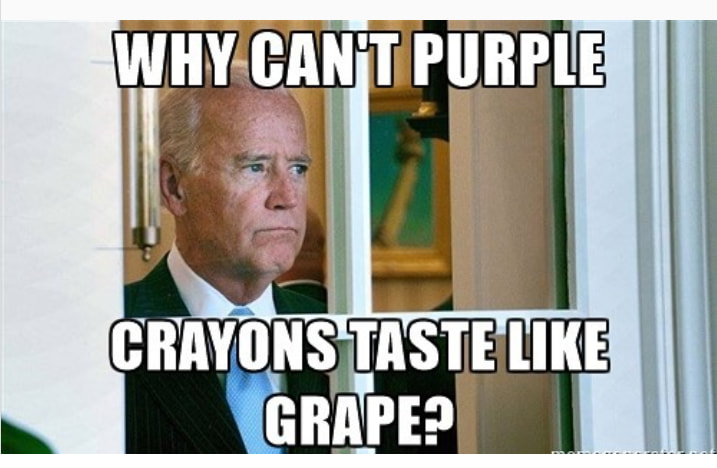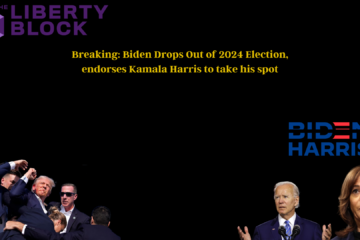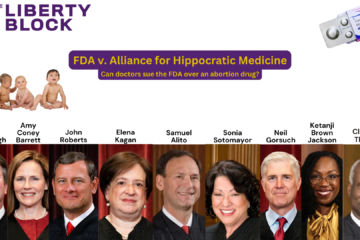A number of bills proposed by legislators in New Hampshire this session may be worrisome for supporters of free speech. Three bills relate to posting things online that any person may find objectionable.
Eleven Democrats from the New Hampshire House and Senate sponsored House Bill 1500.
The bill would add very broad new crimes to the state’s ‘Forgery and Fraudulent Practices’ statutes. According to the bill’s own text:
A person is guilty of unlawful distribution of misleading synthetic media if the person purposely distributes or makes publicly available within the state synthetic media purported to be of or by an identifiable person:
(a) Without the consent of the identifiable person;
(b) Without displaying a conspicuous notice within the synthetic media identifying the media as synthetic media; and
(c) With the intent of misleading others about the acts of the identifiable person.
III. A person is guilty of unlawful distribution of election-related misleading synthetic media if the person purposely distributes or makes publicly available within the state synthetic media purported to be of or by an identifiable person:
(a) Within 90 days of a state, county, or local election;
(b) Without the consent of the identifiable person;
(c) Without displaying a conspicuous notice within the synthetic media identifying the media as synthetic media; and
(d) With the intent to injure a candidate or influence the result of an election.
IV. Unlawful distribution of misleading synthetic media is a class A misdemeanor (up to a year in jail).
The bill defines “synthetic media” as “any form of media including text, image, video, or sound, fully or partially created or modified through the use of artificial intelligence algorithms.”
This act would be a class B felony if it’s a second or subsequent offense or if they publish “election-related misleading synthetic media based on a complaint that alleges that the actor distributed the election-related misleading synthetic media with the further purpose to provoke violence.”
If you used ChatGPT or even a meme maker or other program that could be considered ‘AI’ to help produce your content, this could apply to you. Definitely don’t make any jokes about Trump or Biden saying anything, because that could violate this new law.
Ten of the same lawmakers proposed House Bill 1710, which creates civil actions (allows lawsuits) for people who want to sue those who post synthetic media. The language of this bill is essentially the same as that of HB1500. This Orwellian bill says that:
Any person who is the subject of or is misled by synthetic media may maintain a civil action to enjoin or restrain the distribution of the synthetic media and may in the same action seek damages from the person who distributed the synthetic media. A court may award any of the following remedies to a plaintiff prevailing in an action brought pursuant to this section:
(a) Equitable relief.
(b) Actual damages.
(c) Costs and fees, including reasonable attorney’s fees.
(d) Exemplary damages in an amount not less than $1,000 per plaintiff.
The bill goes further, encouraging the government agents themselves to initiate a lawsuit against a person who posts something they don’t like, even if nobody was mislead or offended by the post:
The attorney general or any county attorney may investigate and enforce the provisions of this section. The attorney general or any county attorney may, on behalf of the state, bring an action for temporary or permanent injunctive or other relief in any court of competent jurisdiction for any violation of this section. The court may, upon entry of final judgment finding a violation of this section, award restitution where appropriate to any person suffering financial loss because of a violation of this section if proof of the loss is submitted to the satisfaction of the court.
The public hearing for this bill in the judiciary committee is scheduled for 1 pm today (Wednesday the 24th) in room 206 of the LOB.
Republicans got in on the action, too. Seven Republicans joined two Democrats to sponsor HB1256, which would seemingly allow people to sue “commercial entities” for posting content that they disapprove of, as long as they claim that they believe at least a third of the content on their site is not suitable for children. According to the bill: “Material harmful to minors” is defined as all of the following:
(a) Any material that the average person, applying contemporary community standards, would find, taking the material as a whole and with respect to minors, is designed to appeal to, or is designed to pander to, the prurient interest.
(b) Any material that exploits, is devoted to, or principally consists of descriptions of actual, simulated, or animated display or depiction of any of the following, in a manner patently offensive with respect to minors:
(c) The material taken as a whole lacks serious literary, artistic, political, or scientific value for minors.
Those wishing not to be sued would need to implement an effective age verification method for visitors to their site, which is impossible.
The public hearing for this bill in the judiciary committee is scheduled for 1:45 pm today (Wednesday the 24th) in room 206 of the LOB.



This article does not necessarily reflect the opinions of The Liberty Block or any of its members. We welcome all forms of serious feedback and debate.


